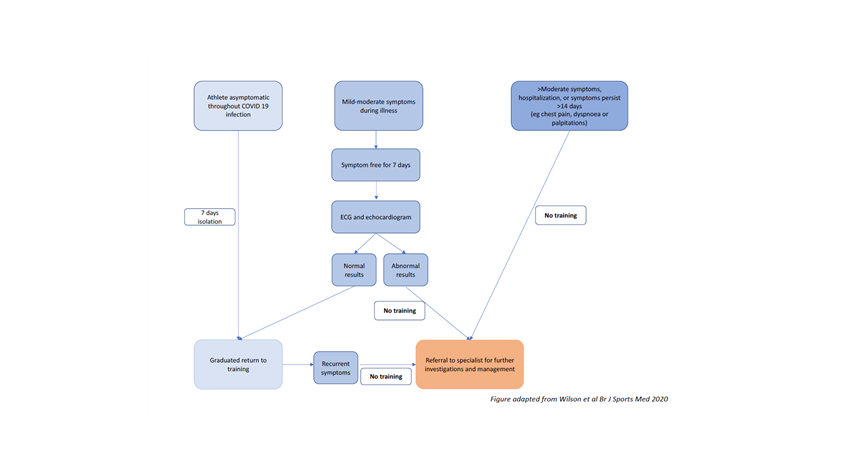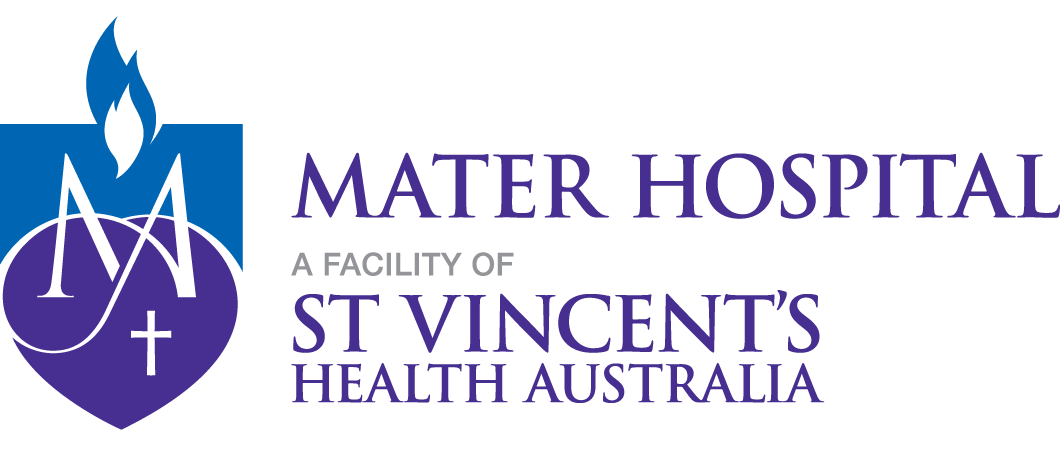Returning to exercise following COVID-19
Dr Belinda Gray
- Home
- Patient News
- Cardiac considerations for returning to exercise following COVID-19 infection.
A practical guide for GPs and patients
Individuals recovering from COVID-19 may have persistent symptoms of cough, shortness
of breath, excessive fatigue, or tachycardia. These symptoms may persist for weeks or months after initial infection.
There are potentially serious cardiorespiratory complications of COVID-19 (such as
myopericarditis or pulmonary embolism) that warrant further investigation in some
patients. Key symptoms include chest pain, palpitations, and breathlessness. These symptoms
should not be ignored, and these individuals are recommended to undergo further
investigations such as ECG, echocardiogram, holter monitor or cardiac MRI (amongst
others).
It is recommended that individuals are symptom free for 7 days before they return to
exercise training. The return to training should be a graduated return to play, over at
least a week. Before considering graduated return to play it is recommended athletes are able to
complete their usual activities of daily living and walk 500m on flat with no symptoms.
Professional or amateur athletes may notice these symptoms when they attempt to return
to exercise. In these situations, the athlete should stop training and seek further medical
advice.

Dr Belinda Gray
Dr Belinda Gray is an experienced Consultant Cardiologist and Sports Cardiologist. Dr Gray has an interest in all aspects of general cardiology with her sub-specialty interests including Sports Cardiology, Inherited Cardiac Conditions, Cardiac Disease in Women and Cardiac Imaging.


